The short answer – no one knows yet.
Why? Because during his campaign Trump has said so many different things and no one knows whether his boasts and promises are meant as policy statements or just rhetoric to fire up his crowds. For example, at different points in the last few months he has said he’ll implement a 10%, a 20%, a 100% and a 200% tariff on Chinese imports, then on all imports, then on imports from many countries (unspecified). He’s promised a huge tax cut (but no exact numbers) and to “drill baby drill” for oil (but again no exact numbers). The list goes on and on, and depending on which policies get implemented we will see drastically different impacts on mortgage rates.
For example, if the US ends up implementing a 10% tariff on all imports, the Canadian economy will suffer a dramatic setback because so many of our exports go to the US. An import tariff will make our products more expensive for American companies to purchase, which will result in them buying more of their products from American suppliers instead (if available) or to buy less overall. This would hurt our economy and possibly require the Bank of Canada (BoC) to cut the policy rate in order to provide stimulus and fight off a recession. On the other hand, if the Canadian government introduced retaliatory import tariffs against American products coming into Canada (which is often what happens in tariff trade wars), this would cause a whole bunch of products on our store shelves to get more expensive (we import a lot of products from the US), and rising prices means inflation. In this case, the BoC would possibly need to raise the policy rate in order to prevent inflation from getting out of hand even though our economy was otherwise suffering, because controlling inflation is the dominant priority for the BoC.
So depending on what Trump does on tariffs, and how the Canadian government responds, we could either see a lot more cutting of the policy rate than is otherwise expected (maybe getting down to under 2% by the end of 2025) or a reversal and raising of the policy rate (going back up to 4%+ by the end of 2025).
For fixed mortgage rates, the story is similar. Fixed mortgage rates are influenced by the yields of low risk bonds (primarily the Canadian and US government bonds), and the yields in the bond markets fluctuate based on factors that influence how likely it is that bondholders will get their money back combined with how much inflation they expect will happen during the borrowing period.
Many of Trump’s promises on the campaign trail, like huge corporate and personal tax cuts, look like they will leave the federal government with a massive spending deficit and result in the US debt increasing by trillions of dollars. All else being equal, a government having more debt makes it more risky for investors to buy its bonds and so they demand a higher yield on the bonds as a result.
Trump’s plan for tariffs on imported goods will also cause inflation, which bondholders don’t like because it reduces their real return on investment. Essentially, the promise of $100 in 10 years time for $80 today is only appealing if you expect inflation to stay relatively low; but if you think a loaf of bread will cost $50 by 2035, you wouldn’t lend $80 today (which could buy 16 loaves of bread in today’s dollars) in order to be able to buy 2 loaves of bread in 10 years. You would want a positive real return on your investment, so you’d only lend $5 today for $100 in 10 years time, giving up the opportunity to buy 1 loaf of bread today for the expected result of being able to buy 2 loaves of bread in the future. Lending $5 today for $100 in 10 years would be a massive increase in yield (exaggerated to illustrate this example), but the underlying principle is what’s important. If prices are expected to rise faster under Trump’s next 4 years in office, bond investors will demand higher yields and that will translate into higher fixed mortgage rates.
Unfortunately, until we have a better understanding of the policies that Trump will actually roll out over the first few months of his upcoming term, we can’t predict anything with any degree of certainty. For now, the only advice we can offer is to consider the possible actions and outcomes, to stay flexible and ready to act when the Trump policies do become more clear, and to take deep breaths and lots of walks in nature.
Have questions?
We are always happy to discuss your financing needs!
Please book an appointment today with one of our broker team to discuss your plans and we’ll make sure you have all the information you need to make the best financial decision and get the best mortgage to reach your goals.
You can find our best mortgage rates here.
Also, it’s always a good idea to stay informed about any changes to the Prime Rate to understand how it may affect your payments and mortgage renewals. If you aren’t already subscribed, you can sign up to our newsletter for updates directly to your inbox.




